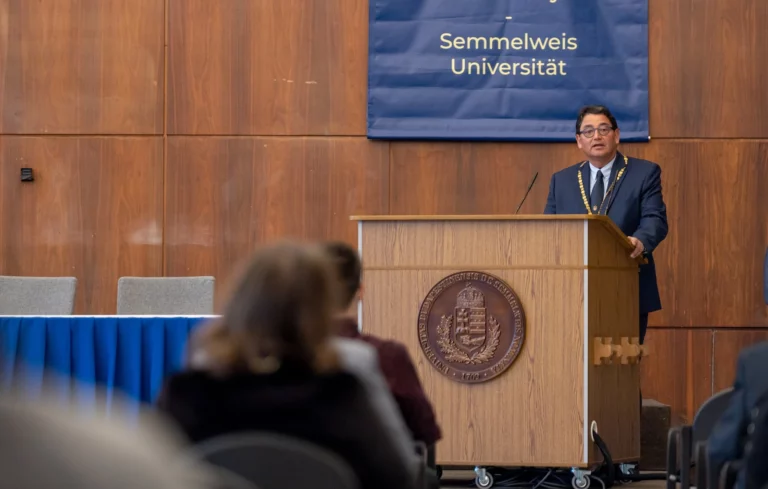Coronavirus vaccine in Hungary
Hungarian scientists reveal the effectiveness of the Chinese vaccine

PM Orbán: opposition covets power and harms the nation’s interests

Nr of active infections above 225 thousand in Hungary

This African country will receive 200 thousand jabs from Hungary

Semmelweis University and AstraZeneca are strategic partners from today

Almost 1.5 million people caught the virus since its outbreak in Hungary

Are Hungarians against the vaccine? New survey reveals

Hungary to donate 150,000 COVID doses to this American country

Important details revealed about the Hungarian vaccination card – official decree

Hungarian healthcare system to be privatised?

Nr of new infections breaking records in Hungary

Pfizer developer Karikó receives Vietnamese science award
Nr of infections rise, 315 kids of a Buda kindergarten quarantined

It’s official: 87 percent of new infections caused by omicron

Man to sue government because his relatives died of COVID

Nr of new infections very high, opposition’s PM candidate caught the virus

New Israeli vaccine being tested in Hungary

Is it a good idea to introduce the 4th jab in Hungary?





 ZH
ZH IT
IT DE
DE HR
HR NL
NL FR
FR JA
JA RO
RO RU
RU ES
ES TR
TR
